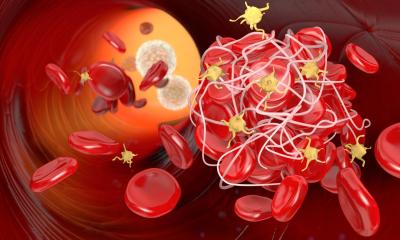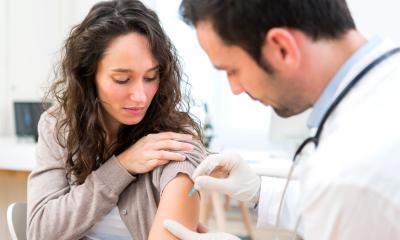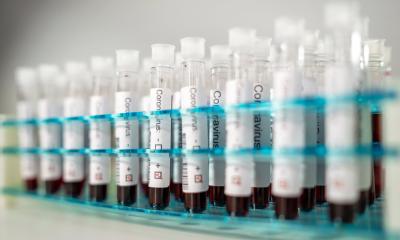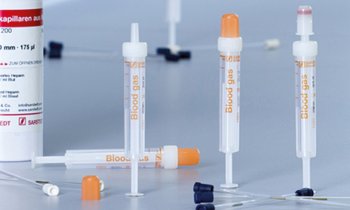News • Trial finds limited effectiveness
COVID-19: plasma from recovered patients not as effective as hoped
Convalescent plasma shows limited effectiveness as a potential treatment for patients with COVID-19 to help them fight off the infection, finds a clinical trial from India published by The BMJ.
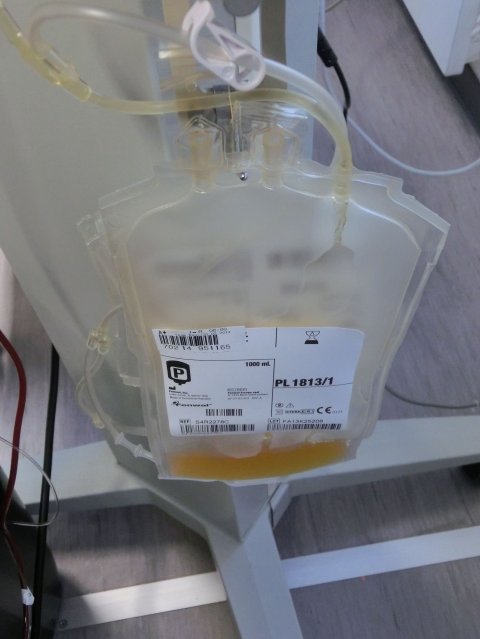
Image source: ANKAWÜ, Blood plasma donation 3682, CC BY-SA 3.0
The findings show that convalescent plasma fails to reduce mortality or stop progression to severe COVID-19. With few treatment options available for patients with severe or life-threatening COVID-19, trials are underway to find out if convalescent plasma (a transfusion of blood plasma from someone who has recovered from COVID-19) could help people who are severely ill.
The research results on the PLACID trial can be found here.
Some countries, including the US and India, have authorised convalescent plasma for emergency use. Others, including the UK, are collecting donated plasma so the treatment can be widely rolled out if it is shown to be effective. Some observational studies have suggested benefits in those who receive convalescent plasma, but clinical trials have so far failed to show any reduction in deaths, and evidence on its safety and effectiveness remains uncertain. So researchers in India set out to investigate whether using convalescent plasma to treat moderately ill COVID-19 patients was associated with any benefits.
They enrolled 464 adults (average age 52) with confirmed moderate COVID-19 who were admitted to 39 public and private hospitals across India between 22 April and 14 July 2020. Patients were randomly split into two groups. The intervention group (235 patients) received two transfusions of convalescent plasma, 24 hours apart, alongside best standard of care, while the control group (229 patients) received best standard of care only.
Recommended article
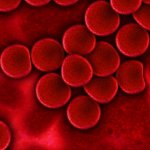
News • Green light for trial study
Blood plasma from recovered COVID-19 patients: a promising approach
In a small clinical trial just granted approval, about 30 COVID-19 patients at Karolinska University Hospital may soon begin to receive blood plasma from people who have recovered from the disease. Sweden's Ethical Review Authority has approved the trial treatment, and its effectiveness will be evaluated in a study by researchers at Karolinska Institutet and the Karolinska University Hospital.…
All plasma samples were safety checked and levels of neutralising antibodies were measured. All participants underwent clinical examination and a range of laboratory tests at the start of the trial and again on days 1, 3, 5, 7, and 14, and were contacted by telephone on day 28 to assess their health status. After 28 days, 44 (19%) participants in the intervention group and 41 (18%) in the control group progressed to severe disease or died from any cause. The randomised study design ensured that the only important difference between the two groups of patients was whether or not they received convalescent plasma. Restricting the comparison to patients who received plasma with detectable antibody levels did not change the results.
Use of convalescent plasma seemed to improve resolution of shortness of breath and fatigue and led to higher negative conversion (a sign that the virus is being neutralised by antibodies) after 7 days. But this did not translate into a reduction in deaths or progression to severe disease by 28 days.
The researchers acknowledge some limitations, such as differences in the number of patients, laboratory tests, and standards of care across the trial sites that may have affected their results. But they say the wide social, cultural, and economic mix of study participants from both public and private hospitals reflect real world scenarios, and therefore the findings are likely to apply more generally. As such, they say, in settings with limited laboratory capacity, “convalescent plasma does not reduce 28 day mortality or progression to severe disease in patients admitted to hospital with moderate COVID-19.” As a potential treatment for patients with moderate COVID-19, “convalescent plasma showed limited effectiveness,” they conclude. And they say future research could explore using only plasma with high levels of neutralising antibodies, to see if this might be more effective.
This rigorous trial shows that convalescent plasma is ineffective for COVID-19, and its implications “should be carefully considered by both safety monitoring and institutional review boards,” argues Dr Elizabeth Pathak in a linked editorial. High quality clinical research “must be an integral part of a coordinated international response. With publication of these findings, the bar is raised for all ongoing and future trials,” she writes.
Source: The BMJ
23.10.2020



